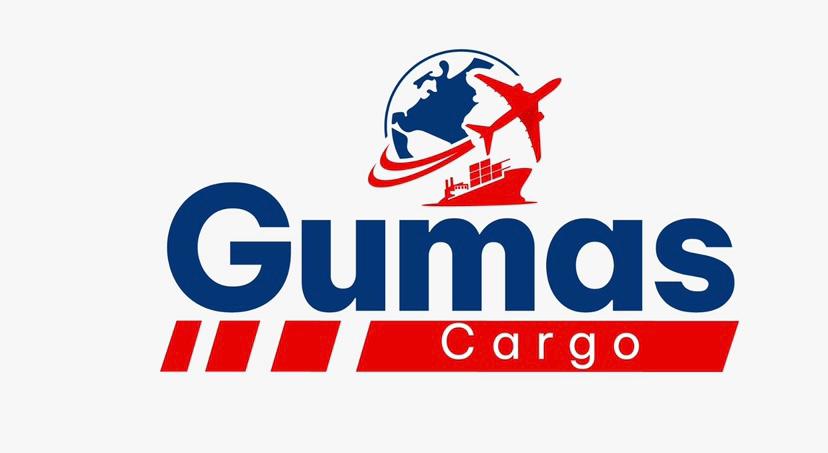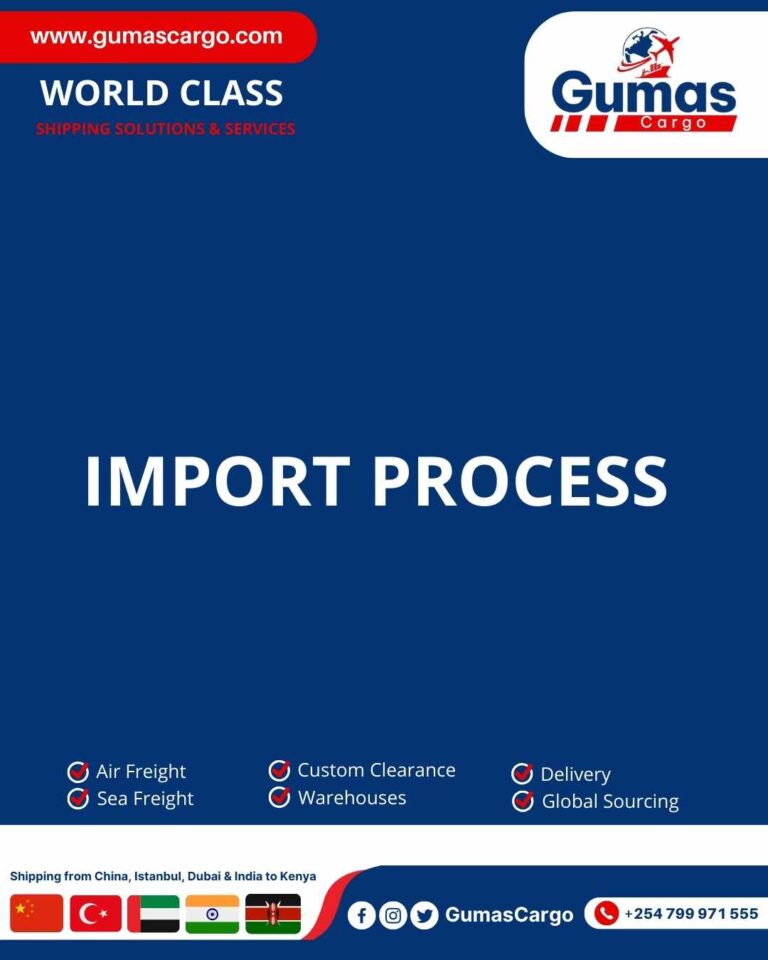Risk Management: Mitigating Challenges in International Trade in Kenya
Introduction
In the era of globalization, international trade has become an essential part of the Kenyan economy. However, it is not without its challenges. Risks such as currency fluctuations, political instability, and supply chain disruptions can pose significant threats to businesses engaged in international trade. This article aims to discuss these potential risks and offer strategies for minimizing them.
Currency Fluctuations
Currency fluctuations refer to changes in the value of the Kenyan Shilling relative to other currencies. These changes can significantly impact the profitability of international trade transactions. For instance, if the Shilling depreciates against the currency of a trading partner, the cost of imports will increase, potentially leading to reduced profit margins.
Mitigation Strategy: One way to mitigate this risk is through hedging. Hedging involves entering into a financial contract known as a derivative, which provides protection against adverse currency movements. Forward contracts, futures contracts, and options are examples of derivatives that can be used for this purpose.
Political Instability
Political instability in either the home country or the trading partner’s country can disrupt international trade. This could be due to changes in trade policies, imposition of sanctions, or even political unrest.
Mitigation Strategy: Diversification is a key strategy here. By spreading trade activities across multiple countries, businesses can reduce their exposure to political risks in any one country. Additionally, staying informed about political developments and understanding their potential impact on trade policies can help businesses anticipate and respond to changes effectively.
Supply Chain Disruptions
Supply chain disruptions refer to interruptions in the flow of goods from suppliers to customers. These could be caused by a variety of factors, including natural disasters, labor strikes, or logistical issues.
Mitigation Strategy: Businesses can mitigate this risk by maintaining a diversified supplier base and investing in robust logistics and inventory management systems. Additionally, businesses should have contingency plans in place to deal with potential disruptions.
Conclusion
While international trade offers numerous opportunities for businesses in Kenya, it also comes with its share of risks. However, with careful planning and strategic risk management practices, businesses can navigate these challenges and reap the benefits of global commerce. Remember that understanding these risks and implementing appropriate mitigation strategies is not just about surviving but thriving in today’s interconnected world.

At Gumas cargo, we offer air cargo, sea cargo, land cargo, door to door, online shopping, parcel delivery, warehouse storage, custom clearance and brokerage at competitive rates. We also offer tailor-made solutions for your cargo services. Gumas Cargo prides itself on offering the highest levels of service to its customers.







